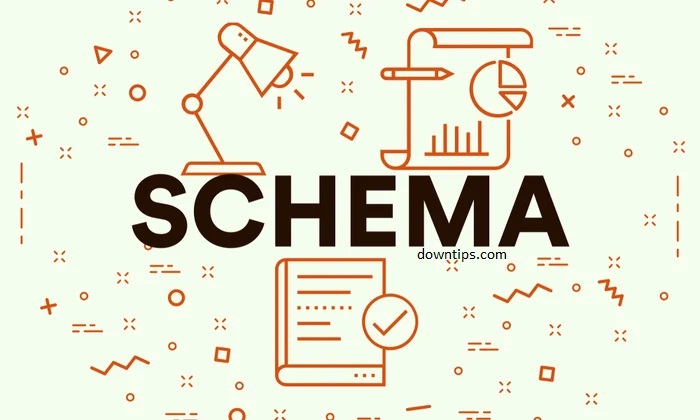Schema Markup in SEO, also known as Schema.org markup, is a structured data vocabulary that helps search engines understand the content on web pages more effectively. It provides a standardized way to mark up and structure information, making it easier for search engines to interpret the context of the content. Schema Markup doesn’t directly influence search rankings, but it can enhance the way search engines display and understand your content,
Schema markup is a type of on-page SEO technique that entails integrating structured data vocabulary into your website to give search engines a better understanding of the relationships and meaning behind certain entities that are stated there.
A search engine’s algorithm aids in accurately identifying the material. The algorithm will understand the webpage data and the entities’ connections. After giving the content a structure, Schema enters the picture.
Advantages of Adopting Schema Markup
Implementing Schema allows you to qualify for rich snippets, placing your page at the top of SERPs which can increase website traffic by drawing potential customers or providing brand recognition for product-based brands.
Rich snippets include results that appear above SERPs and provide users with more information than the URL or meta description.
The website’s call to action (CTA) increases with the page’s SERP ranking.
Here are key points about Schema Markup in SEO:
- Structured Data:
- Schema Markup is a form of structured data that uses a specific vocabulary and HTML tags to provide additional context about the content on a webpage.
- Collaboration:
- Schema Markup is a collaboration between major search engines, including Google, Bing, Yahoo, and Yandex. It’s governed by Schema.org, a project supported by these search engines.
- Rich Snippets:
- One of the primary benefits of using Schema Markup is the potential for rich snippets. Rich snippets are enhanced search results that may include additional information like ratings, reviews, pricing, and other details directly in the search results.
- Enhanced Search Results:
- By implementing Schema Markup, you can help search engines understand the specific type of content on your page, such as articles, events, products, reviews, and more. This can lead to more informative and visually appealing search snippets.
- Types and Properties:
- Schema.org provides a wide range of types and properties that can be used to mark up different types of content. For example, there are specific markup options for businesses, recipes, movies, and more.
- JSON-LD, Microdata, and RDFa:
- Schema Markup can be implemented using different syntaxes, including JSON-LD (JavaScript Object Notation for Linked Data), Microdata, and RDFa (Resource Description Framework in Attributes). JSON-LD is the recommended and widely used syntax.
- Local SEO:
- Local businesses can benefit from Schema Markup, particularly with LocalBusiness and LocalBusinessAggregate types. This can provide additional information about your business, such as address, phone number, operating hours, and customer reviews.
- Event Markup:
- Event schema can be used to provide details about events, including the name, date, location, and organizer. This is useful for promoting events in search results.
- Product Markup:
- For e-commerce websites, Product schema can be used to provide details such as product name, description, price, and availability. This can lead to more detailed product information in search results.
- FAQ and How-To Markup:
- Schema Markup also supports FAQPage and HowTo types, allowing you to mark up frequently asked questions and step-by-step instructions, respectively.




